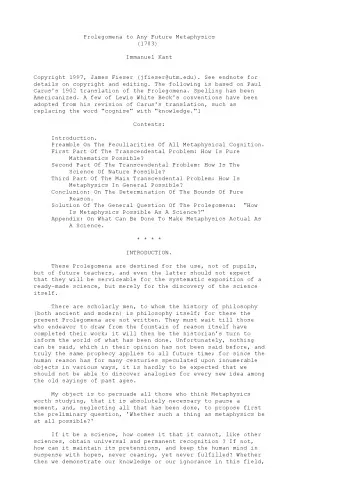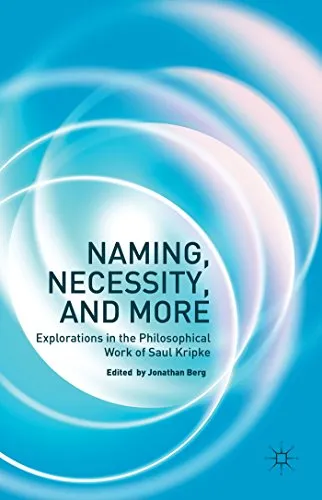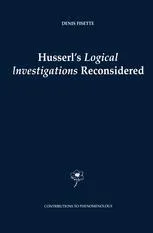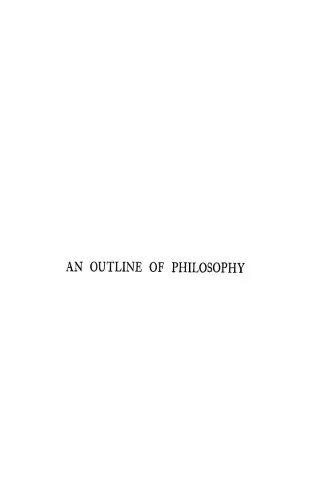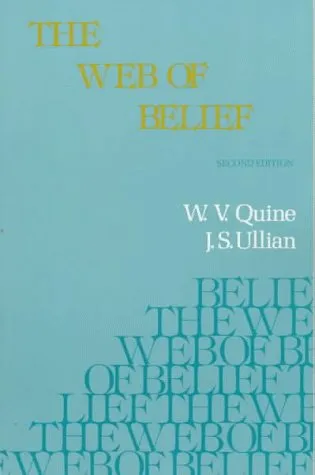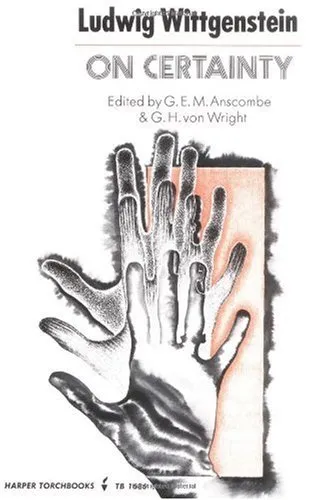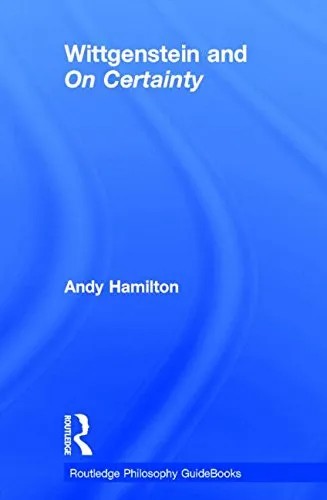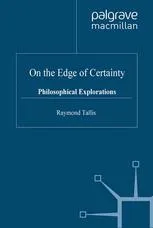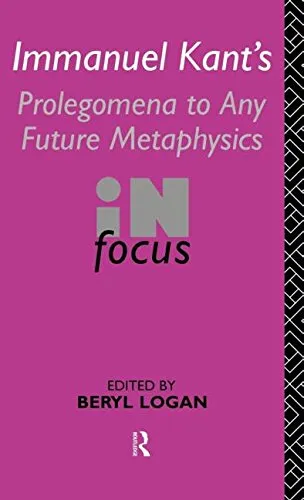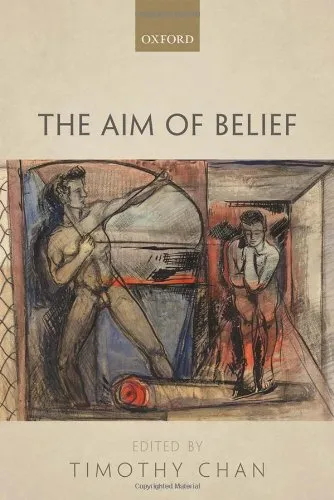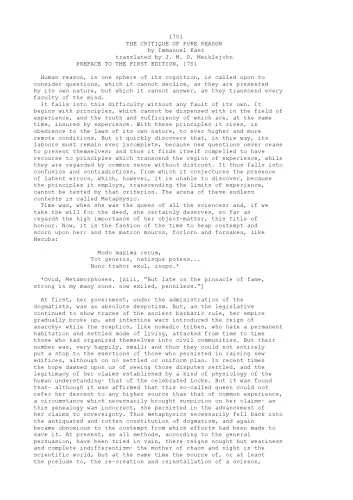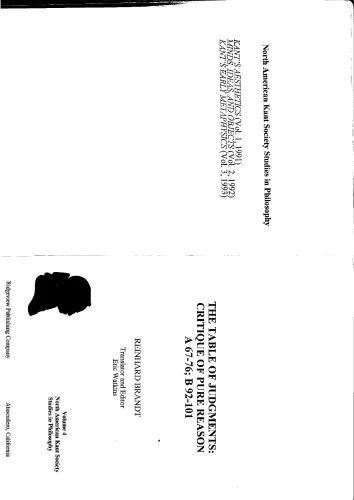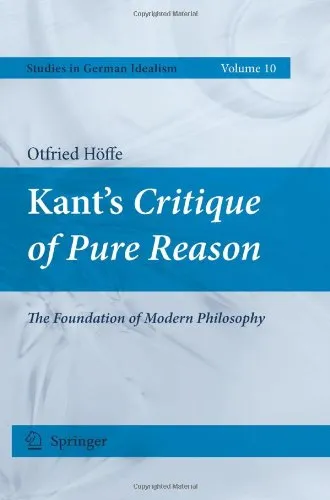Prolegomena to any Future Metaphysics
4.7
Reviews from our users

You Can Ask your questions from this book's AI after Login
Each download or ask from book AI costs 2 points. To earn more free points, please visit the Points Guide Page and complete some valuable actions.Related Refrences:
Welcome to Immanuel Kant's profound work, the 'Prolegomena to any Future Metaphysics', a cornerstone in the study of philosophy born out of the quest to establish metaphysics on a rigorous scientific basis. This text serves as a precursor and an essential companion to Kant's 'Critique of Pure Reason', designed to elucidate and extend the principles contained within it.
Detailed Summary of the Book
Kant's 'Prolegomena to any Future Metaphysics' serves as a critical response to both dogmatism and skepticism in metaphysics. Written in a more accessible manner compared to the dense and intricate 'Critique of Pure Reason', the 'Prolegomena' aims to provide clarity and address criticisms of Kant's major work. Kant endeavors to answer whether metaphysics as a science is possible, a question that pervaded intellectual discourse in the Enlightenment era.
In the 'Prolegomena', Kant introduces the idea that our understanding of the world is mediated through a framework of a priori principles. He distinguishes between analytical and synthetical judgments, emphasizing the significance of synthetic a priori knowledge, which forms the basis for metaphysical inquiry. Kant argues that while empirical knowledge pertains to the phenomena we perceive, true metaphysical understanding seeks the conditions of possibility for these phenomena.
The book is divided into sections that address the sources of metaphysics, the opposition it faces from skeptical and empirical schools of thought, and the necessity of synthetic judgments. Each section is meticulously crafted to build towards the conclusion that metaphysics, as traditionally conceived, must undergo a Copernican revolution in its methodology to align with the precise standards of a science.
Key Takeaways
- Kant establishes metaphysics as a fundamental human pursuit, focused on delineating the finite bounds of human knowledge and experience.
- The 'Prolegomena' introduces the critical distinction between phenomena (things as we perceive them) and noumena (things in themselves), a crucial aspect of Kantian philosophy.
- Kant asserts the essential role of synthetic a priori judgments, which form the foundation for knowledge that is both derived from experience and yet universally necessary.
- The text encourages a reflection on the limits of human cognition and highlights the necessity for a philosophical groundwork that precedes empirical study.
Famous Quotes from the Book
"Although all our cognition begins with experience, it does not follow that it arises from experience."
"That metaphysics has until now remained in such a vacillating state of controversy naturally confirms the assumption that this has to be associated not with the essence of the science itself but with human nature."
Why This Book Matters
The 'Prolegomena to any Future Metaphysics' occupies a critical space in the history of philosophy and science, marking a pivotal shift in how metaphysical questions are approached. Not only does it provide a clearer understanding of Kantian philosophy, but it also proposes a new methodology for metaphysical inquiry—one that rigorously evaluates the capabilities and limitations of human reason.
In an era where empirical sciences were rapidly evolving, Kant's work redefined metaphysics by aligning it with the analytical precision of mathematics and natural philosophy. His insights continue to influence contemporary thought, resonating within various disciplines such as epistemology, ethics, and even theoretical physics.
The significance of the 'Prolegomena' extends beyond its historical impact; it inspires ongoing philosophical dialogue about the nature of reality, knowledge, and the potential for a universal science of metaphysics. This book is not merely a precursor to understanding Kant's critical oeuvre but is a standalone masterpiece that challenges scholars to reevaluate their assumptions about knowledge and perception.
Free Direct Download
You Can Download this book after Login
Accessing books through legal platforms and public libraries not only supports the rights of authors and publishers but also contributes to the sustainability of reading culture. Before downloading, please take a moment to consider these options.
Find this book on other platforms:
WorldCat helps you find books in libraries worldwide.
See ratings, reviews, and discussions on Goodreads.
Find and buy rare or used books on AbeBooks.
1465
بازدید4.7
امتیاز0
نظر98%
رضایتReviews:
4.7
Based on 0 users review
Questions & Answers
Ask questions about this book or help others by answering
No questions yet. Be the first to ask!
